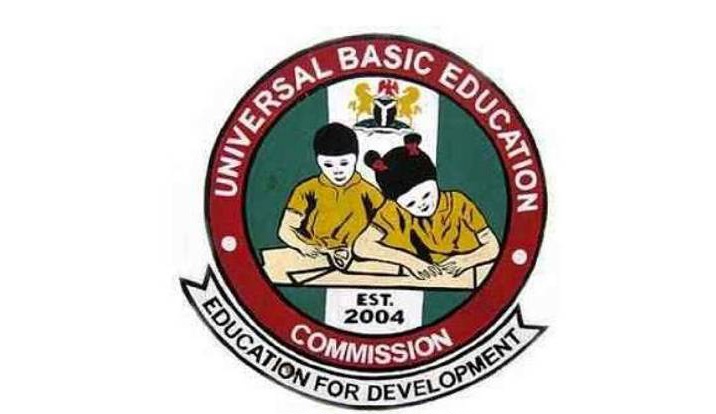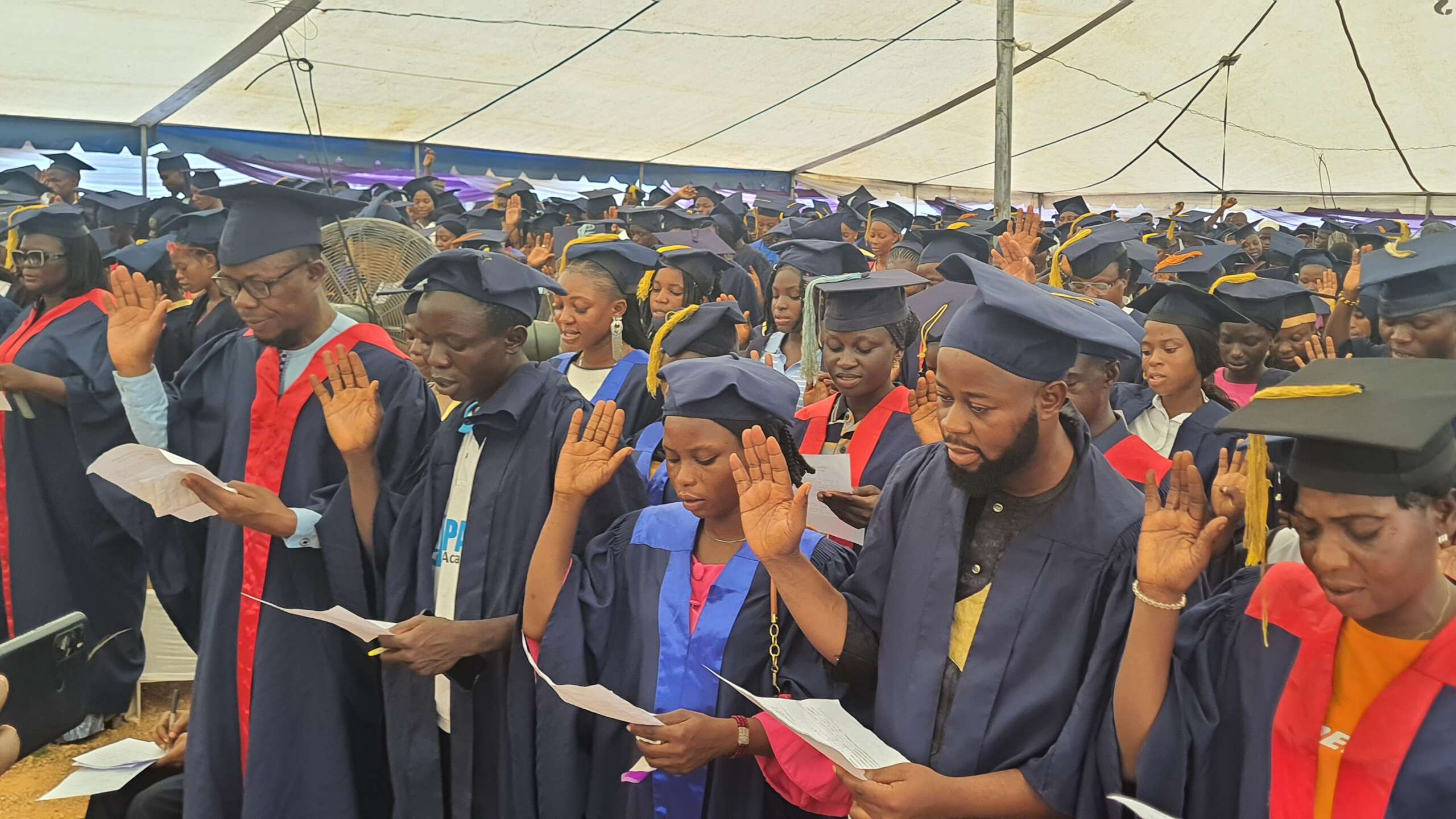 As students resume to schools in all public and private primary and secondary schools in Oyo State on Monday, I am writing to draw attention to a pressing issue affecting parents, students, and the education system in Oyo State: the frequent and unnecessary annual changes to school textbooks, especiallyby private school owners.
As students resume to schools in all public and private primary and secondary schools in Oyo State on Monday, I am writing to draw attention to a pressing issue affecting parents, students, and the education system in Oyo State: the frequent and unnecessary annual changes to school textbooks, especiallyby private school owners.
- While schools may justify this practice as a means to update curricula or align with new standards, it places an undue financial burden on families, undermines sustainability, and does not always translate to improved educational outcomes.
Each academic session, parents in Oyo State are compelled to purchase new sets of textbooks for their children, even when the content of these books differs only marginally from previous editions. This practice is particularly challenging for low- and middle-income families who struggle to afford these recurring costs. For example, a single textbook can cost between ₦5,000 and ₦15,000, and with multiple subjects, the expenses quickly become overwhelming. This financial strain often forces parents to prioritize basic needs over education, potentially impacting students’ access to essential learning materials.
Moreover, the constant change in textbooks contributes to waste, as older editions are discarded despite being reusable. This practice contradicts efforts to promote sustainability and efficient resource use. It also raises concerns about transparency, as some schools may be influenced by publishers or other stakeholders to adopt new textbooks unnecessarily, potentially prioritizing profit over educational quality.
Encouragingly, several other Nigerian states have already taken decisive steps to curb this issue, offering models Oyo State could emulate. For instance, Imo State has prohibited annual replacements, mandating textbooks for a minimum of four years in both public and private schools. Edo State similarly requires reuse for at least four years, while Ogun State enforces a six-year cycle before any changes, with sanctions for non-compliance.
Enugu State reviews and approves textbooks for three-year periods, and Benue State has abolished non-transferable customized books to promote handover from seniors to juniors.
These policies not only alleviate parental burdens but also foster resource efficiency and consistent learning.
While the Oyo State Government has a responsibility to intervene and regulate this practice, I propose the following measures:
– Standardize Textbook Usage: The government should establish a policy mandating schools to use approved textbooks for a minimum period (e.g., 3–5 years) unless significant curriculum changes justify updates.
– Strengthen Oversight: The Ministry of Education should monitor schools to ensure compliance and investigate cases where textbook changes appear driven by commercial interests.
– Promote Reuse and Affordability: This will encourage schools to implement textbook recycling programs and provide subsidies or free textbooks for indigent students.
– Engage Stakeholders: Involve parents, teachers, and education experts in reviewing textbook policies to ensure they prioritize student welfare and learning outcomes.
By addressing this issue, the Oyo State Government can alleviate the financial burden on families, promote equitable access to education, and foster a more sustainable learning environment—much like its neighboring states.
I urge policymakers to act swiftly to regulate textbook changes and prioritize the interests of students and parents.
Thank you for providing a platform to highlight this critical issue. I hope this letter sparks meaningful discussion and actions.
Alhazan Abiodun Rilwan is the Deputy Director, Information Archives in Oyo State Ministry of Information, Ibadan.





